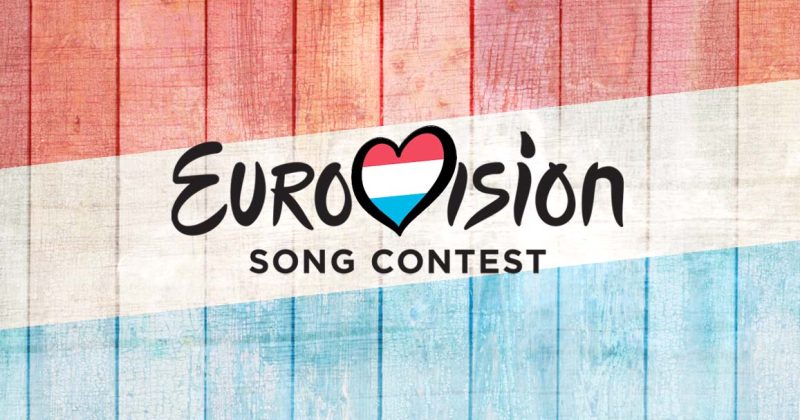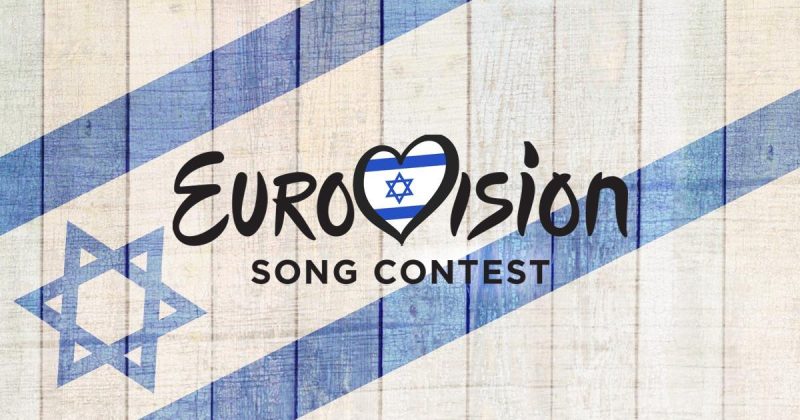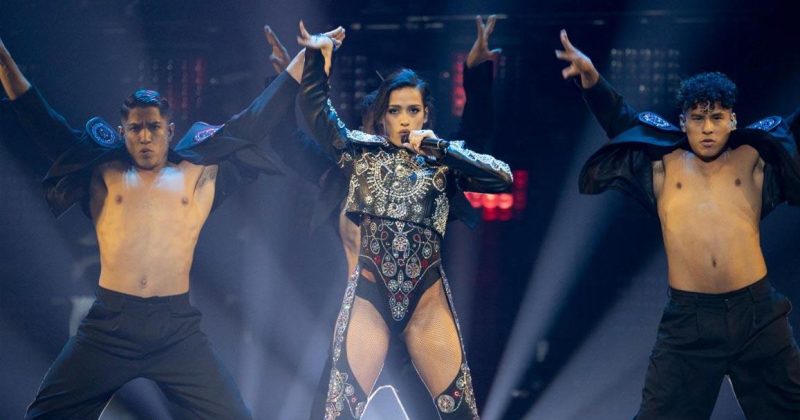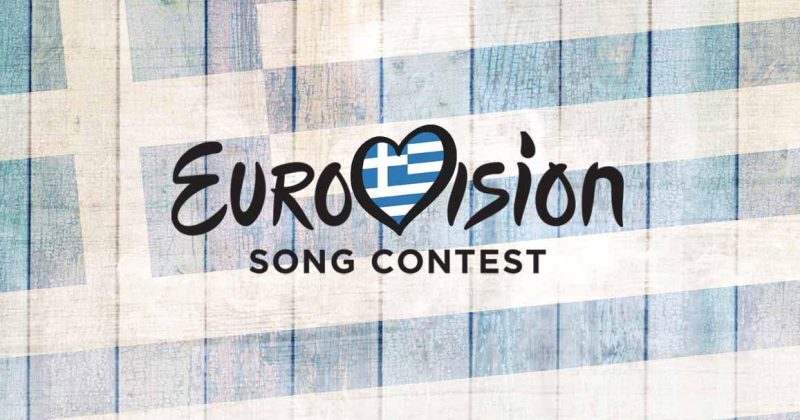
After just one year, Germany’s national broadcaster ARD announced it will not continue its partnership with Stefan Raab for the Eurovision 2026 national final – but left the door open for future cooperation.
Germany’s national broadcaster ARD has officially announced that it will not renew its collaboration with producer and musician Stefan Raab, who co-produced “Chefsache 2025” for Eurovision alongside RTL last year.
The decision follows a year that was considered a television success but did not achieve the main goal – winning Eurovision 2025 held in Basel.
ARD’s Program Director Christine Strobl explained the reasoning in an interview:
“We entered into this partnership because we wanted to win. Now, a year later, to say: ‘Okay, it didn’t work out, we’ll just keep going anyway,’ doesn’t feel right”.
SWR Takes Over the German Selection
Responsibility for choosing Germany’s representative for Eurovision 2026 has now been transferred to SWR, one of ARD’s regional broadcasters.
At this stage, no additional partnerships with other broadcasting networks are planned, but Strobl emphasized that future collaborations could still be considered:
“I think we’d have to come up with something new if we were to revisit the topic of cooperation at the ESC in the future, but that’s absolutely conceivable and possible”.
Preparations Underway: Submissions Close Today
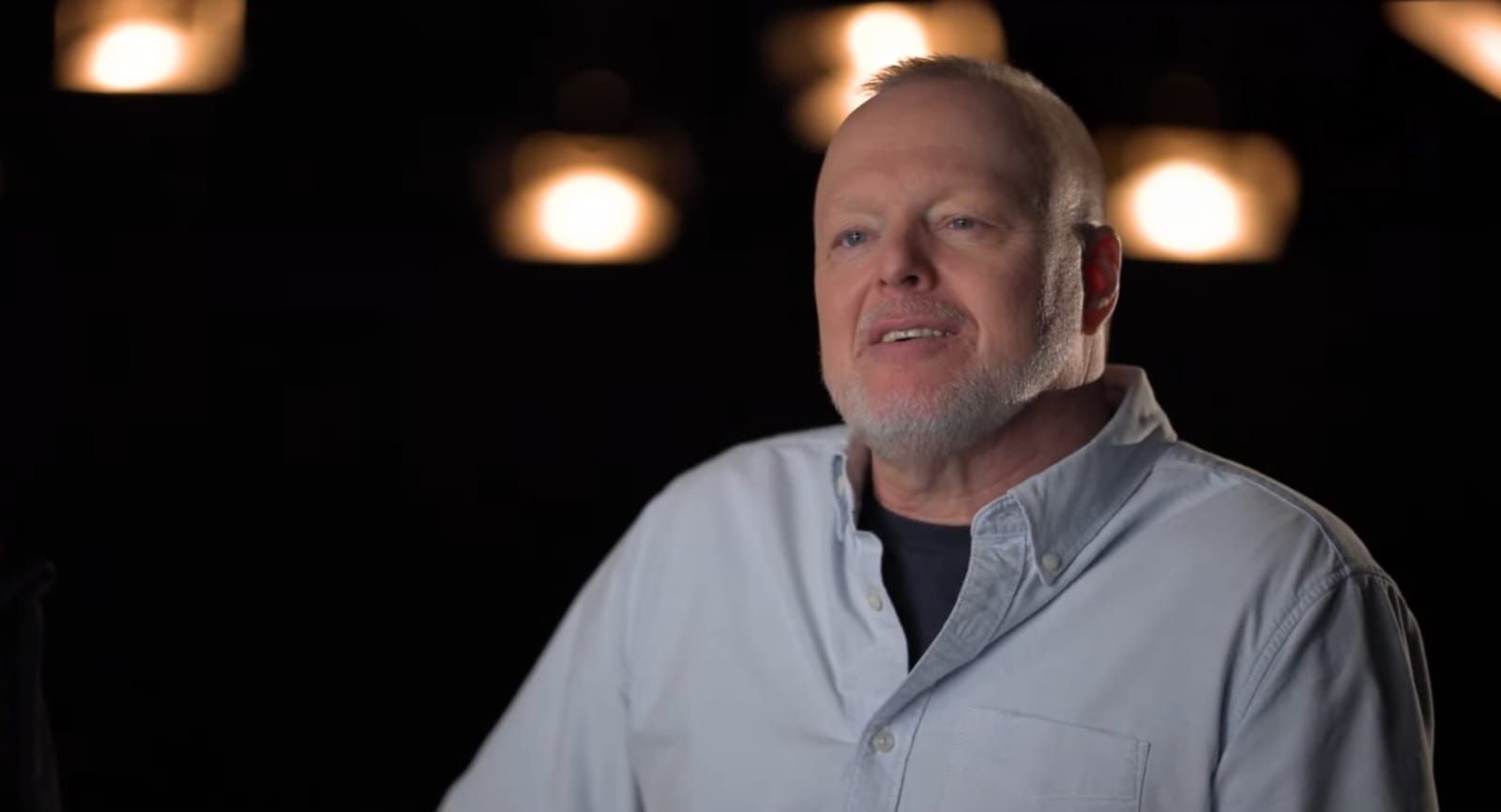
SWR is currently accepting songs from artists and songwriters wishing to participate in the German national selection, with the submission window closing today (October 22nd).
The selection process will include several stages:
-
Artistic and vocal evaluation by SWR’s editorial team.
-
International jury and audience review, simulating the official Eurovision voting system.
-
Final shortlist of artists who will advance to the televised national final.
The German national final is expected to take place in late February 2026 and will be broadcast live on Das Erste. Germany’s entry for Eurovision 2026 will be chosen through a combination of jury and public televoting.
Stefan Raab – Who Are You?

Stefan Raab is one of the most influential figures in Germany’s Eurovision history – a songwriter, musician, television host, and producer who has shaped the country’s approach to the contest for over two decades.
-
In 1998, he composed “Guildo hat euch lieb!” performed by Guildo Horn, which finished 7th at Eurovision 1998 and became one of Germany’s most iconic entries.
-
In 2000, Raab represented Germany himself with “Wadde hadde dudde da?” finishing 5th.
-
In 2004, he hosted the national final and wrote “Can’t Wait Until Tonight” performed by Max Mutzke, which finished 8th at Eurovision 2004.
-
In 2010, Raab chaired the jury of the German selection that chose “Satellite” by Lena Meyer-Landrut, which went on to win Eurovision 2010.
-
The following year, when Lena was internally selected to return, he co-produced and co-wrote several of the competing songs. Her 2011 entry “Taken By a Stranger” finished 10th in Düsseldorf, where Raab also co-hosted the contest.
-
In 2012, he produced and served as a juror for the German national final in which Roman Lob’s “Standing Still” was selected, finishing 8th at Eurovision 2012.
Overall, Raab’s contribution to Eurovision extends far beyond his performances – he laid the groundwork for Germany’s renewed professionalism and credibility in the competition, elevating its creative standards and long-term success.
Germany at Eurovision 2025:
“Baller” (in English: “Shooter”) is the title of the song performed by duo Abor & Tynna, who represented Germany at the Eurovision 2025. The pair finished 15th in the Grand Final with a total of 151 points. The public televote ranked them 11th, while the professional juries placed them 13th.
This marks the second consecutive year in which Germany has achieved a relatively successful Eurovision result, avoiding the bottom of the scoreboard. Last year, singer Isaak secured 12th place in the Grand Final with his song “Always on the Run”.
Eurovision 2026: This will be Germany’s 69th participation in Eurovision. Germany joined the competition in 1956, was one of the seven founding countries, and has won twice over the years. Germany’s last victory was in Eurovision 2010 with the song “Satellite” performed by singer Lena Meyer-Landrut.
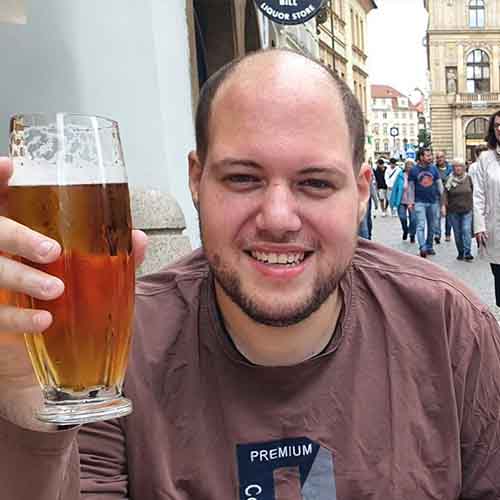
Email: [email protected]
Phone: +972-50-9441919
Neta Geffen is a respected journalist at Euromix, Israel’s leading news site for Eurovision coverage. Since 2010, Neta has been closely following the Eurovision Song Contest, bringing with him extensive experience, profound knowledge, and a broad understanding of the history, politics, and cultural influences that shape the event every year.
Neta publishes articles, analyses, and up-to-date reviews on all Eurovision developments, including musical trends, format changes, political influences, and audience reactions across Europe and Israel. Thanks to a deep connection to the contest’s history, Neta provides readers with wide-ranging context—from the impact of political events on results, to in-depth analyses of songs and languages within the competition. Neta specializes particularly in the Eurovision rock genre, Balkan ballads, and native language entries, with a special focus on Italian and Greek songs.




